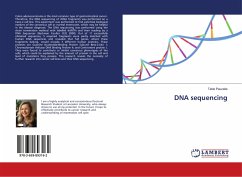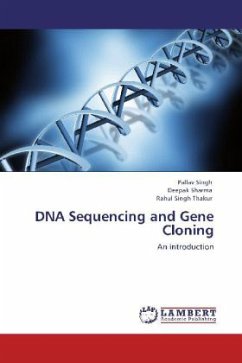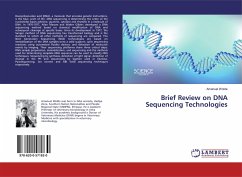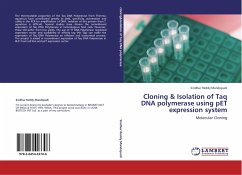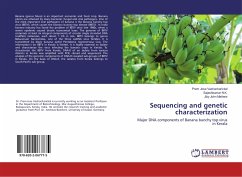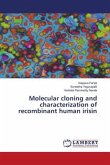Colon adenocarcinoma is the most common type of gastrointestinal cancer. Therefore, the DNA sequencing of cDNA fragments was performed on a Caco-2 cell line. This experiment was performed to find potential biological markers of the cancerous cell or normal enterocyte, which may be helpful in the disease diagnosis. The DNA sequencing was performed using the chain termination method with labelled ddNTPs and their reading by a DNA Sequencer (Beckman Coulter CEQ 2000). Out of 11 successfully obtained sequences, 5 acquired fragments were partly matched with human DNA sequences and revealed that full genes, where these fragments belong, would encode 3 different human proteins. These proteins are Guanine Nucleotide-Binding Protein Subunit Beta-2-Like 1; Chromodomain Helicase DNA Binding Protein 4; and Centromere protein J. They were found to contribute or inhibit cancerous phenotypes of the cells, which could be explained by the amount of protein in the cell and level of mutations they possess. This research reveals the necessity of further research into cancer cell lines and their DNA sequencing.

